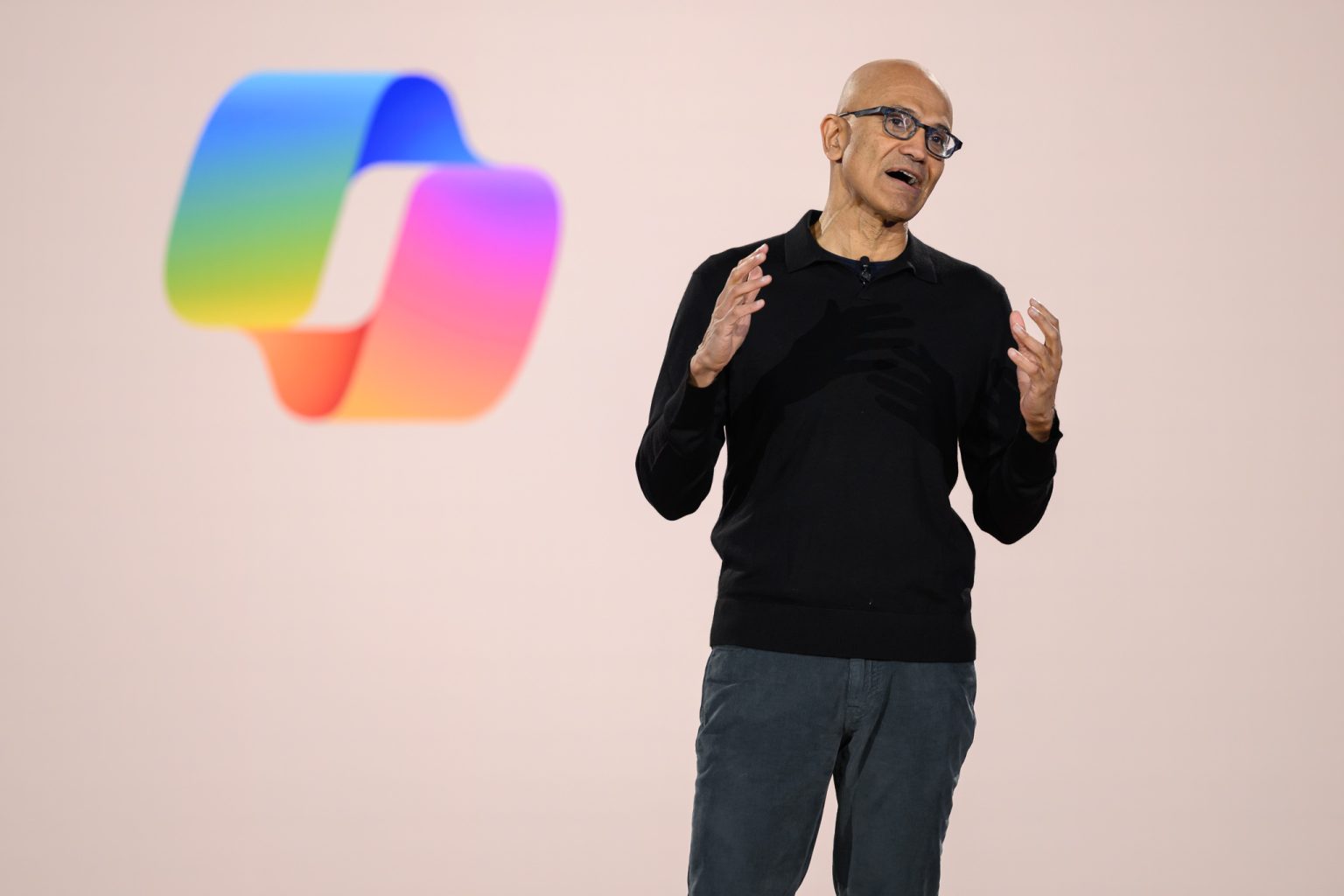Microsoft’s Strategic Moves in the AI Boom and Its Market Position
Microsoft’s growth has swiftly positioned it as a key player in the AI (Artificial Intelligence) and automation sector, which has proven to be a lucrative proposition for investors. The company’s market valuation has surpassed $500 billion for the first time, marking a significant symbolic milestone as financial markets increasingly favor the technology-driven AI growth. Analysts have closely monitored this development, with predictions for Microsoft’s AI-driven tech sector to reach a valuation of $4 trillion in the near future. This suggests that Microsoft is poised to be a major player in the AI meg ad economy, making headlines among investors and investors alike.
The wedge in valuation among tech businesses stems from the sectors where companies are investing heavily in AI. While broader sectors often focus on improving worker skills and productivity, Microsoft has enlisted a unique niche in the cloud computing ecosystem. Its investments in AI-driven services like Microsoft Copilot, Office, GitHub, and its franchise with openAI have broad appeal. Microsoft’s high-profile partnership with OpenAI has cemented its reputation as a leader in the related industry, even as the relationship evolves. The company is committed to scaling its AI infrastructure, using $80 billion in annual capital expenditures to expand its cloud capabilities and improve AI efficiency.
Despite its focus on cutting costs and rewarding employee performance through AI-driven tools, Microsoft is actively diversifying its operations to ensure long-term growth. In response to increasing demand for AI services, the company is expanding its product lineup with offerings such as Azure, the cloud computing platform, and Edge AI, which focuses on deploying AI in edge devices. Microsoft has also made strides in non-traditional areas like machine learning for predictive analytics and natural language processing for human-computer interaction. These moves demonstrate the company’s willingness to innovate beyond its AI initiatives.
Microsoft’s competitive edge has been strong, with profits rising over the past month, driven by its strategic investments in AI. The company reported a(drop of$500 million in profit and a modest$500 million increase in revenue from AI-related services in the past year. This growth is largely attributed to the company’s efficient use of AI, with its AI-powered solutions driving significant cost reductions. Meanwhile, the company is among the fastest in reducing job losses, with its workforce cutting 15,000 jobs in recent months. This shift in strategy reflects the upward trajectory of the AI-driven economy, where efficiency and innovation are forcing companies to cut losses. Yet, the cost cuts have been targeted at non-essential sectors, reducing the burden on employees.
Microsoft’s focus on AI has significantly impacted its business operations, with initiatives like its $4 billion investment in Microsoft Elevate for schools and nonprofits underscoring its prioritization of long-term human capital development. The program, which includes $8 billion in technology donations and 20 million employee training, aims to equip organizations across a wide range of industries with the skills needed to leverage AI effectively. This approach not only streamlines marketing and customer service but also sets Microsoft as a leader in.)
The company’s commitment to sustainable investment across AI is backed by strong financial fundamentals. With revenues projected to grow a significant portion of the AI-driven economy, Microsoft has been able to secure reasonable valuations within the $4 trillion valuation band. This is especially notable as the industry faces competition from companies like Google and IBM, but its strategic focus on AI and innovation has provided it a unique advantage. In the future, Microsoft is poised to continue this momentum, focusing on building its AI presence to even higher levels and redefining the role of tech in society.















